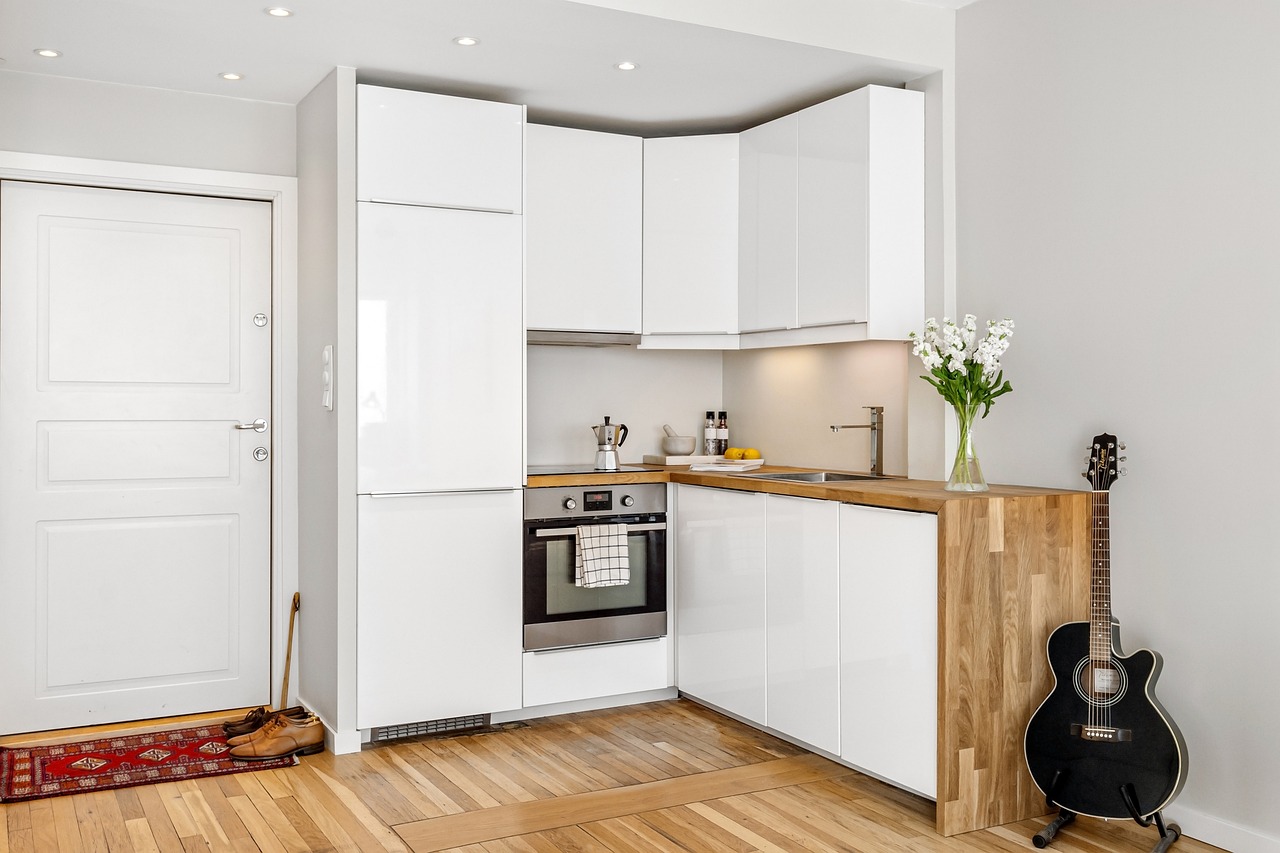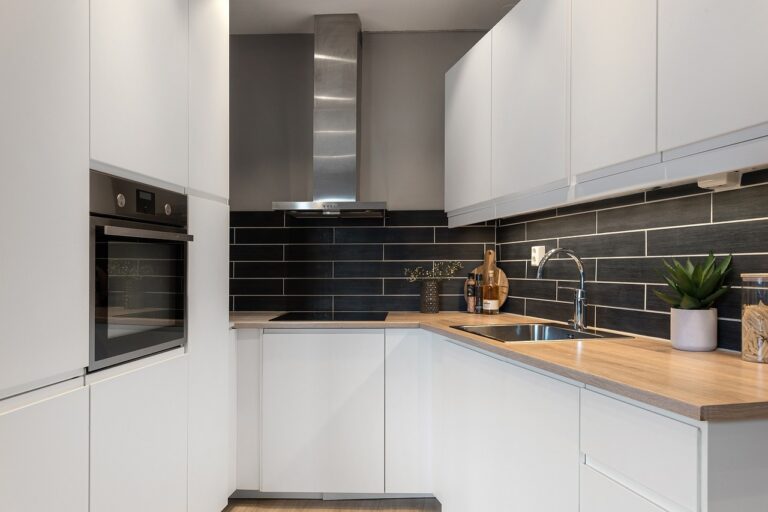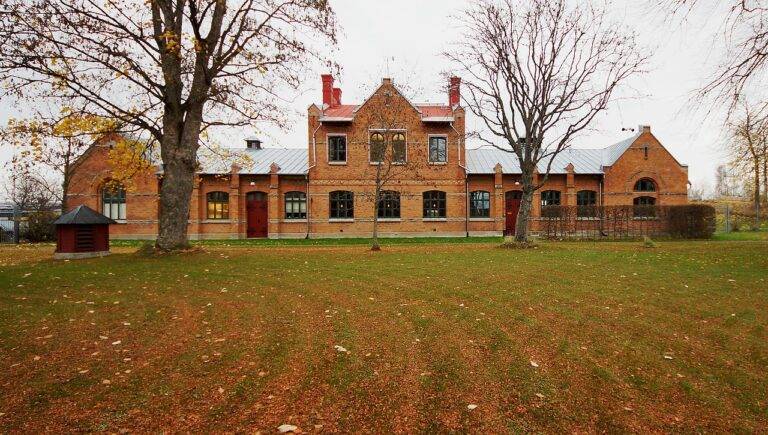Designing Driveways for Functionality: 11xplay reddy, Laser 247 betting, Skylivecasino
11xplay reddy, laser 247 betting, skylivecasino: Designing Driveways for Functionality
When it comes to designing driveways, many homeowners focus solely on aesthetics. While a beautiful driveway can certainly enhance the curb appeal of your home, it’s also crucial to consider functionality. A well-designed driveway not only adds value to your property but also ensures safety and convenience for you and your family. In this article, we will discuss some essential tips and guidelines for designing driveways that prioritize functionality.
Proper planning is key
Before embarking on any driveway design project, it’s essential to start with a well-thought-out plan. Consider factors such as the size and shape of your driveway, the slope of your property, and the type of vehicles that will be using it. Additionally, think about any future landscaping or construction projects that may impact your driveway design. By carefully planning your driveway layout, you can ensure that it meets your needs both now and in the future.
Choosing the right materials
When it comes to driveway materials, there are several options to choose from, each with its advantages and disadvantages. Concrete driveways are durable and low-maintenance, but they can be prone to cracking over time. Asphalt driveways are affordable and easy to install, but they require regular maintenance to prevent deterioration. Gravel driveways are a budget-friendly option, but they can be difficult to maintain and may not be suitable for heavy vehicles. Ultimately, the best driveway material for you will depend on your budget, aesthetic preferences, and maintenance requirements.
Consider drainage
Proper drainage is crucial for the functionality of your driveway. Without adequate drainage, water can pool on your driveway, leading to erosion, flooding, and safety hazards. When designing your driveway, make sure to incorporate proper drainage solutions such as sloping, curbs, or drainage channels. You may also want to consider installing a permeable driveway surface that allows water to seep through, reducing runoff and preventing water damage.
Safety first
Safety should be a top priority when designing your driveway. Make sure your driveway is wide enough to accommodate your vehicles comfortably and that there is enough space for turning and maneuvering. Consider adding lighting along your driveway to improve visibility at night, and install handrails or guardrails on steep or elevated driveways to prevent accidents. Additionally, be mindful of any obstacles such as trees, utility poles, or landscaping features that may obstruct your driveway and create safety hazards.
Accessibility for all
If you have family members with mobility issues or disabilities, it’s essential to design your driveway with accessibility in mind. Consider adding ramps, wider pathways, or level landings to make it easier for wheelchair users or individuals with mobility aids to navigate your driveway. You may also want to install handrails or grab bars for added support and safety. By prioritizing accessibility, you can ensure that everyone can use and enjoy your driveway safely.
Maintaining your driveway
Once you’ve designed and installed your driveway, it’s crucial to maintain it properly to ensure its longevity and functionality. Regular maintenance tasks such as sealing cracks, filling potholes, and cleaning debris can help prevent damage and deterioration. You may also want to consider resealing or resurfacing your driveway every few years to keep it looking its best. By staying on top of maintenance tasks, you can prolong the life of your driveway and reduce the need for costly repairs down the line.
FAQs
Q: How much does it cost to design a driveway for functionality?
A: The cost of designing a functional driveway can vary widely depending on factors such as the size of your driveway, the materials used, and any additional features or amenities. It’s best to consult with a professional contractor or designer to get an accurate estimate for your specific project.
Q: Can I design a functional driveway on a budget?
A: Yes, it’s possible to design a functional driveway on a budget by choosing cost-effective materials, keeping the design simple, and prioritizing essential features such as proper drainage and safety measures. With careful planning and smart choices, you can create a functional driveway that meets your needs without breaking the bank.
Q: How long does it take to design and install a driveway?
A: The timeline for designing and installing a driveway can vary depending on factors such as the size and complexity of the project, the materials used, and the weather conditions. Typically, a driveway design and installation project can take anywhere from a few days to a few weeks to complete.
In conclusion, designing a driveway for functionality is essential for ensuring safety, convenience, and longevity. By following these tips and guidelines, you can create a driveway that not only looks beautiful but also functions well for you and your family. Prioritize proper planning, choose the right materials, consider drainage and safety, prioritize accessibility, and maintain your driveway regularly to enjoy a functional and durable driveway for years to come.







